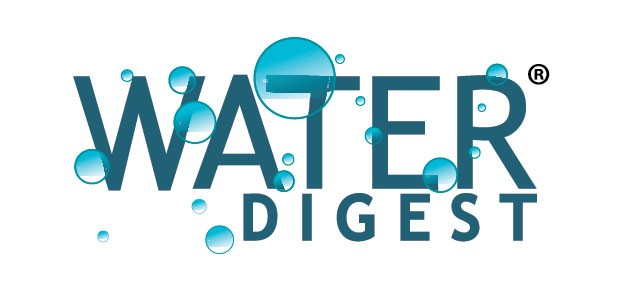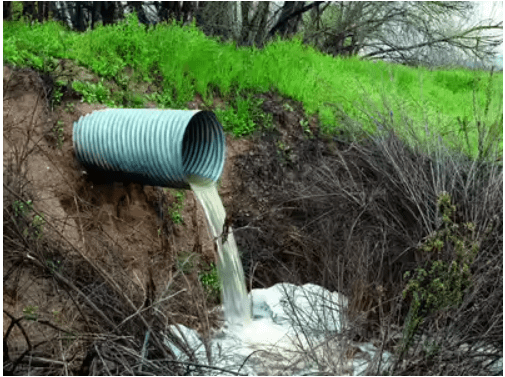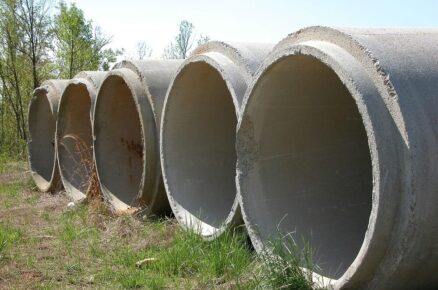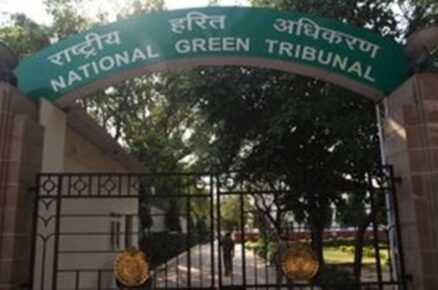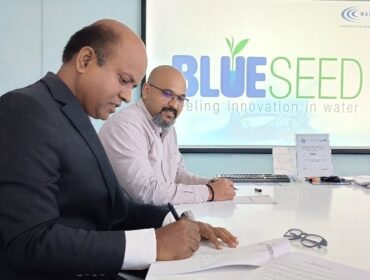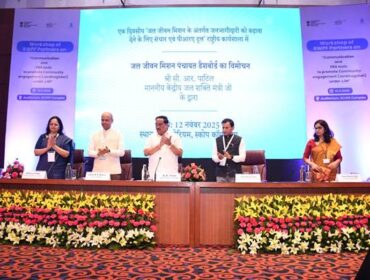Initiative to separate greywater from toilet waste, treat it for secondary use, and ensure households prevent solid contamination, promoting long-term water conservation In a major move aimed at conserving water and reducing dependence on the Cauvery, the Bangalore Water Supply and Sewerage Board (BWSSB) has decided to make greywater recycling mandatory for all newly constructed buildings and detached houses in the city. The board is preparing a detailed policy framework and plans to submit it to the government for approval by the end of this year. At present, the rule mandating wastewater treatment and reuse applies only to apartment complexes with over 120 flats. However, with Bengaluru’s population rising rapidly due to urbanisation, and climate change triggering frequent water shortages, officials believe that expanding the rule to individual homes is now essential. Experts have also backed this move, noting that greywater reuse will help reduce the city’s growing dependence on freshwater sources and ease pressure on the existing drainage system. Currently, BWSSB spends thousands of crores to pump 2,225 million litres of Cauvery water daily from nearly 100 km away. However, about 40% of this treated water is used for non-essential purposes and ultimately wasted, often ending up in underground drains and creating excess load on the sewer network. Officials said that recycling greywater — the used water from kitchens, bathrooms, washing machines, and sinks — will significantly cut down on this wastage, reduce pressure on underground drainage pipes, and lower the city’s Cauvery water dependency by 40–50%. It will also help recharge groundwater levels. A senior BWSSB official said the new rule will initially apply only to upcoming constructions, as enforcing it in existing homes would be challenging. “We plan to introduce this measure in a phased manner, starting with new buildings and detached houses. A detailed set of guidelines will be framed and submitted to the government for approval soon,” the official said. How greywater recycling works Greywater refers to the wastewater generated from kitchens, bathrooms, dishwashing, and laundry — excluding toilet waste. Currently, most of this water flows directly into the city’s drainage system. The new policy will require builders to install separate pipelines for greywater and blackwater (toilet waste). Greywater will be collected in a separate storage tank, treated, and reused for purposes such as gardening, toilet flushing, and cleaning. To ensure efficiency, households must prevent soap wrappers, plastic, and solid waste from entering the system. Separate soak pits or filters will be built to purify the greywater, and regular cleaning will be mandated at least once a year to maintain groundwater quality and hygiene. According to Dr Ram Prasath Manohar, “The decision to make greywater recycling mandatory for new buildings and detached homes is a forward-looking step to secure Bengaluru’s water future. Once the policy framework is finalised, it will be sent to the state government for approval.” If implemented effectively, the initiative could mark a major milestone in Bengaluru’s journey towards sustainable urban water management.
Source and image: https://bit.ly/477Zbgj
